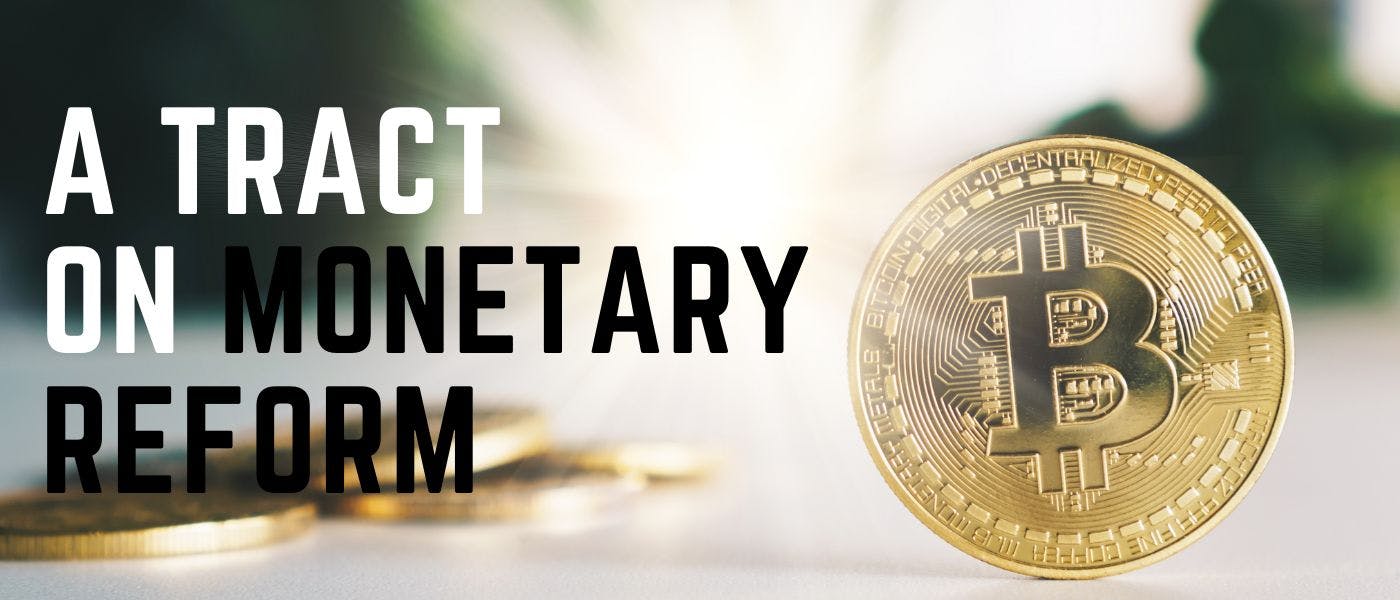1,212 reads
A Tract on Monetary Reform: Chapter I - No. 3 The Earner
by
June 12th, 2022
Audio Presented by

Creator of Keynesian. English economist whose ideas fundamentally changed the theory and practice of macroeconomics
About Author
Creator of Keynesian. English economist whose ideas fundamentally changed the theory and practice of macroeconomics
